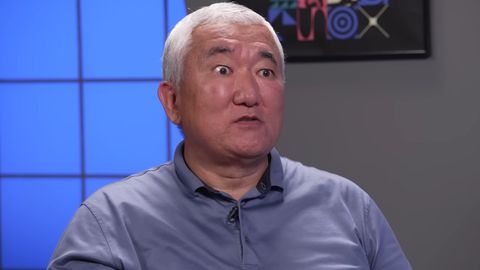Kyrgyzstan's Constitutional Court finds no grounds for early presidential elections
22:01 / 18.02.2026
Businesses underreport salaries in Uzbekistan’s public procurement, Chamber warns
21:14 / 18.02.2026
EU-funded SECCA project wraps up in Tashkent, bolstering Uzbekistan’s green transition
19:58 / 18.02.2026
Uzbekistan to direct 200,000 school graduates into vocational education by 2027
18:52 / 18.02.2026
Uzbekistan’s thermal plants generate 10.8bn kWh in early 2026
18:04 / 18.02.2026
Recommendations
Menu
Good news:
Tags
Grow your business with us
Advertise on Daryo.uzIndividual approach and exclusive materials
Ad-free site readingSubscribe
25 000 sum per month





Comments
To leave a comment, first